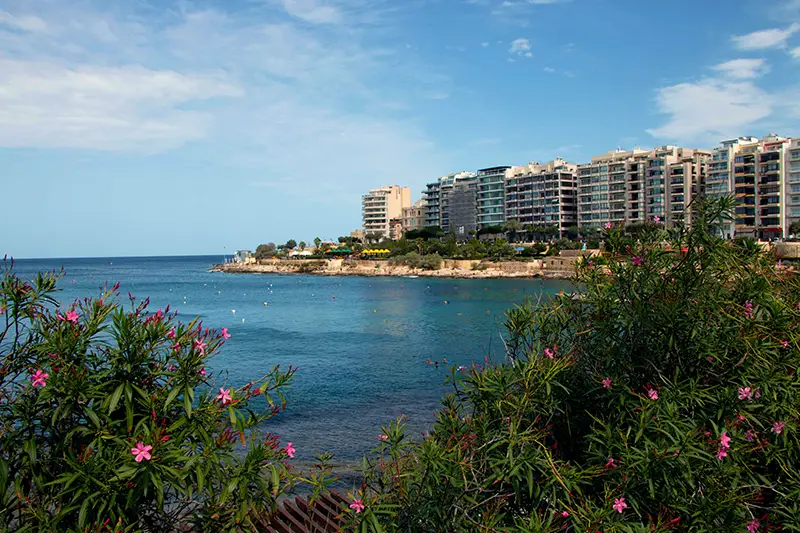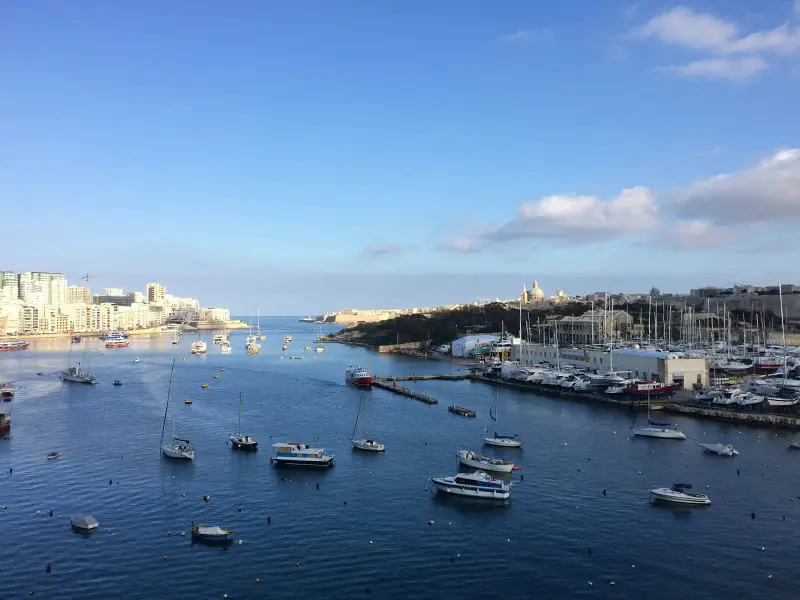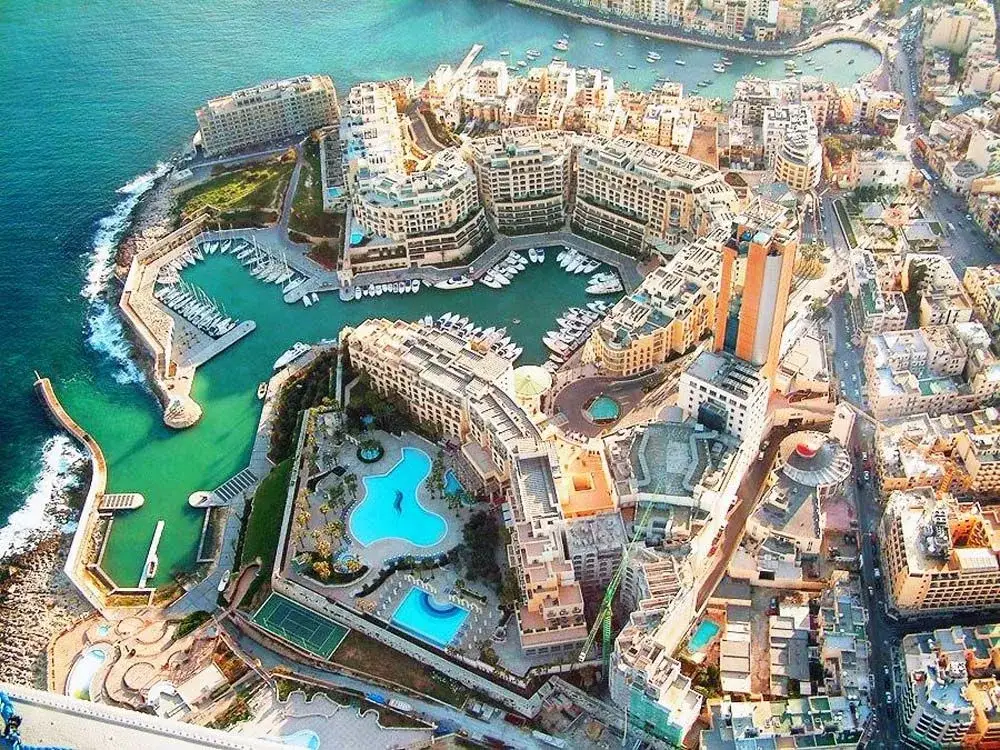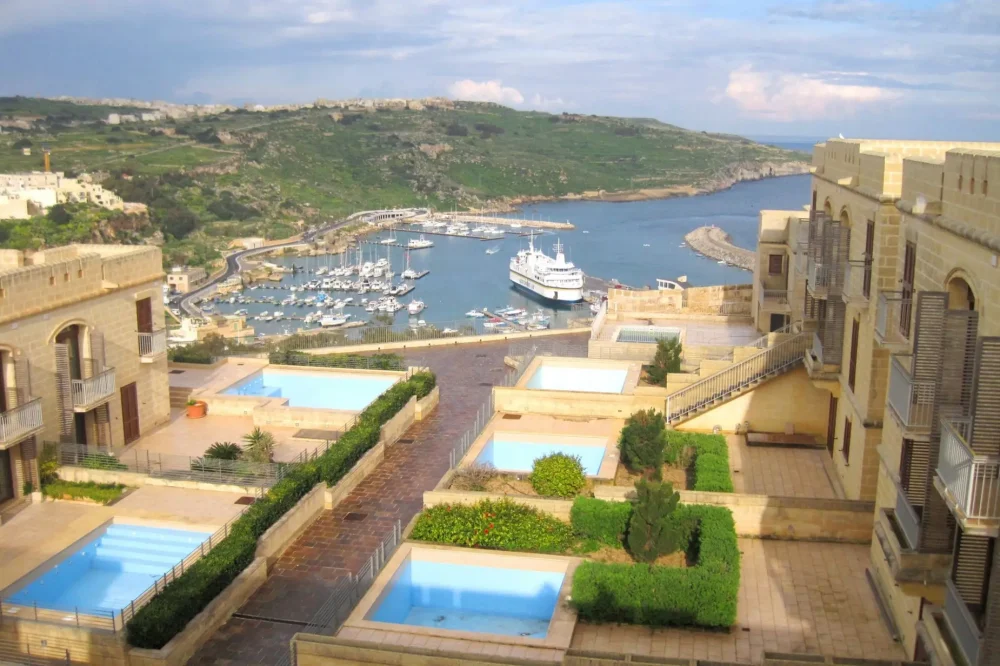Malta beckons those looking for more than just accommodation, but a unique place where history, culture and modern amenities meet. The island, where the Mediterranean Sea generously drenches the cliffs, promises not only a beautiful view, but also a comfortable way of life. But the question of how to buy a flat in Malta remains a mystery for many. Here it is important to take into account the legal peculiarities, correctly assess the market and find suitable solutions for foreign buyers.

Legal peculiarities: how to buy a flat in Malta safely
Before you start buying property in Malta, you need to understand all the legal nuances. The island has certain laws and rules concerning the rights of foreigners, property registration and taxation peculiarities. This is an important step that will help to avoid trouble and make the purchase process as clear as possible.
Rights of foreigners to purchase property in Malta
Foreigners have the right to purchase property here, but with certain restrictions. The need to obtain a special permit – the so-called AIP (Acquisition of Immovable Property) – is mandatory. This document is obtained by everyone who is not a citizen of the EU, and it allows you to acquire private objects. How to buy a flat in Malta for a foreigner is an important question that requires knowledge of the rules. For example, you cannot buy more than one property without special authorisation and certain areas are also restricted for purchase by foreigners.
In practice, this is as follows: to obtain an AIP, you need to apply to a special agency, attaching copies of your passport and the preliminary purchase contract. The cost of registration is about 233 euros and the process takes about 2-3 weeks.
Property Registration in Malta: What is important to know
The Malta ownership process involves several steps that are important to follow if you decide to buy a flat:
- Preliminary contract (Konvenju) – signed after agreeing on the price and terms of purchase. This document guarantees that the object will be sold to the buyer and the parties undertake to finalise the transaction within a certain timeframe.
- Legal check – the lawyer checks the object for legal cleanliness: absence of debts, third party rights and other problems.
- Final Deed – signed in the presence of a notary, after which the property is transferred to the ownership of the buyer.
- Payment of Stamp Duty Tax – is 5% of the value of the property and is payable at the time of the transaction.
Documents for buying a property in Malta: passport, contract of sale, certificate of ownership (if necessary), and proof of funds.
How to buy a flat in Malta: tips and advice
 Buying a property is not only a matter of money, but also a strategic move. It is important to choose a home carefully, to take into account all the nuances and, of course, to orientate yourself correctly in the local environment. Let’s look at the key points that will help you make the right choice and avoid common buying mistakes.
Buying a property is not only a matter of money, but also a strategic move. It is important to choose a home carefully, to take into account all the nuances and, of course, to orientate yourself correctly in the local environment. Let’s look at the key points that will help you make the right choice and avoid common buying mistakes.
How to choose a property in Malta: what is important to consider
When choosing a property, it is important to consider several factors that directly affect the cost and comfort of living. Property prices in Malta vary depending on the location and type of accommodation. For example, a flat in Sliema will cost an average of 300-500 thousand euros, while similar housing in a less popular region – in 200-250 thousand euros.
Selection criteria:
-
Neighbourhood: it is important to consider which neighbourhood is closer to your heart and lifestyle. For people who like a vibrant atmosphere, go for more lively ones such as Sliema or St Julian’s, where restaurants, cafes, shops and beaches are concentrated. For those looking for peace and privacy, look for areas such as Mellieha or Marsaslokk, where there are fewer tourists and noisy entertainment.
-
Infrastructure: availability of developed infrastructure is a key factor. Check how close you are to shops, supermarkets, pharmacies, schools, hospitals and other essentials.
-
Housing types: from traditional Maltese houses and townhouses to modern apartments and penthouses. It is important to recognise which style of accommodation is more familiar and suited to the requirements. For example, penthouses are often offered with magnificent sea views, while townhouses may have larger floor areas and unique architectural features.
-
Presence of parks and green areas: if outdoor recreation is important, look for flats in areas with parks or near the sea where you can walk and enjoy the fresh air.
-
Noise level and safety: also important parameters. If you choose a place for permanent residence, it makes sense to pay attention to the level of security of the neighbourhood and its relative quietness. This is especially important for families with children who need a quiet atmosphere.
-
Accessibility to public transport: for those who do not plan to use a car, having good transport links is an important factor. Malta is renowned for its extensive bus network, as well as the availability of taxis and other means of transport, making it easy to get anywhere on the island.
- Price growth potential: assess not only the current value of the property, but also its growth potential. Some areas of Malta are rising faster than others and this can be a worthwhile investment.
Mortgage in Malta: how to get a mortgage and what to consider
For those who plan to use a mortgage to buy a flat in Malta there are a few nuances. Mortgage loans are provided by local banks Bank of Valletta and HSBC. Interest rates are about 3-4% per annum, and the loan term can be up to 25-30 years. Russians can also get a mortgage, but they need proof of income and an additional set of documents: tax returns and income certificates.
To increase the chances of getting a loan, it is worth engaging a local consultant who will help with the paperwork and provide advice on choosing a bank.
Investing in Malta property: prospects and peculiarities
The cost of housing on the island is steadily increasing: The country attracts investors with its economic stability and favourable tax regime. The average growth in property prices is 5-7% per year, so buying a flat in Malta is an excellent option for long-term investment.
It is also important to take into account that there is a programme “Citizenship for Investment”: with investments from 650 thousand euros you can expect to receive Maltese citizenship, which opens access to EU countries without visas.

Conclusion
 Buying a flat in Malta is possible if you are well prepared. It is an opportunity to become part of a unique island with a rich culture and a comfortable living environment. If you approach legal issues correctly, take into account the peculiarities of the market and use the advice of professionals, the purchase of property will become not only a successful transaction, but also an investment in the future.
Buying a flat in Malta is possible if you are well prepared. It is an opportunity to become part of a unique island with a rich culture and a comfortable living environment. If you approach legal issues correctly, take into account the peculiarities of the market and use the advice of professionals, the purchase of property will become not only a successful transaction, but also an investment in the future.
 en
en  ru
ru  de
de  ar
ar  es
es  hi
hi  fr
fr  nl
nl  it
it  pt
pt  el
el 



